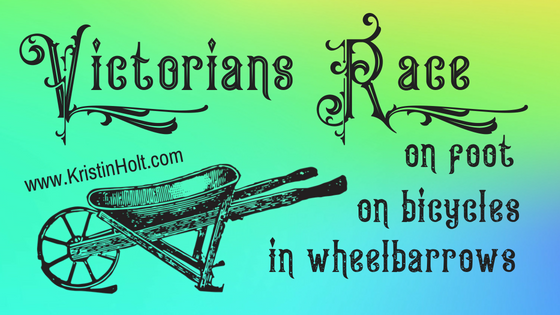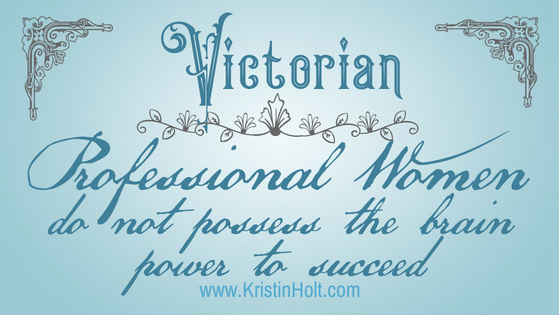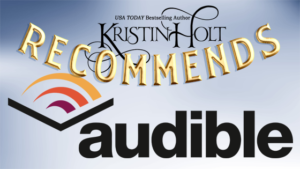
by Kristin Holt | Nov 12, 2018 | Articles
At the outset of Unmistakably Yours, Hank Murphy, proprietor of a fine new grocery emporium, is desperate to ensure adequate supplies to see his community through winter have arrived safely in Mountain Home. Much like Aesop’s fables about ants and grasshoppers, the American-Victorian era is ripe with moral-rich stories urging hard work during the summer to secure safety and comfort in the winter. This vintage newspaper article from 1880 showcases an example of the era’s “stories with a moral”.

by Kristin Holt | Jul 4, 2018 | Articles
A key scene within Isabella’s Calico Groom (Calico Ball: Timeless Western Collection) is on Independence Day in Evanston, Wyoming Territory (a week shy of Wyoming’s acceptance into the Union as the 44th State). In keeping with the historical favorites when celebrating July 4th, the characters took note of the races–on foot, on bicycles, and in wheelbarrows. Victorian Americans enjoyed a wide range of contests with appealing prizes (cash, clothing, shoes, jewelry, etc.). Would you rather compete in a bicycle race, or in chasing a greased pig?

by Kristin Holt | Jun 22, 2018 | Articles
What is a Dental Dispensary (as seen in Isabella’s Calico Groom)? Compared to true-to-history dispensaries for medical care and eye troubles, this component of medical care to meet the needs of the poor was a real thing in the 19th century United States.

by Kristin Holt | Jun 18, 2018 | Articles
While researching dentistry in 1890 for an accurate setting for my title, Isabella’s Calico Groom, I was quite surprised by how advanced and “modern” (by today’s standards) dentistry was. Significant advances in dentistry had occurred in the previous decades, making dentistry truly “modern” compared to patients’ previous experiences. The sheer quantity and magnitude of improvements in dentistry qualify dentists of the 1890s to claim “Modern Dentistry” in their advertisements.

by Kristin Holt | Jun 16, 2018 | Articles
Nineteenth Century popular belief–wholly supported by Medical Doctors’ and scientists’ claims–genuinely believed that educating females in the same manner as males invited an entire host of disastrous results. Those terrifying results included everything from destruction to the woman’s reproductive system, mental breaks (yes, insanity!), and a long list of physical diseases. Because the vast majority believed these consequences to be true, women weren’t allowed to seek education in a male-dominated classroom. The battle over co-education continued long after the late 19th Century for these reasons. Not only was the woman’s mind and body at terrible risk, should she be educated like a male, but everyone knew a female mind couldn’t take in significant learning.













